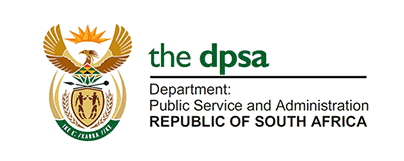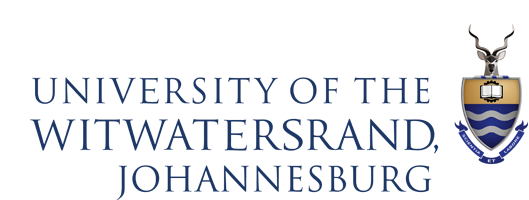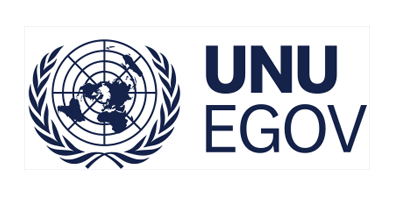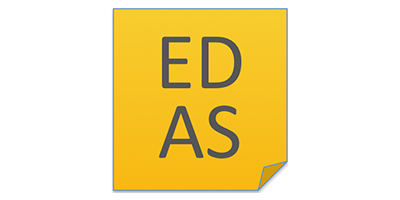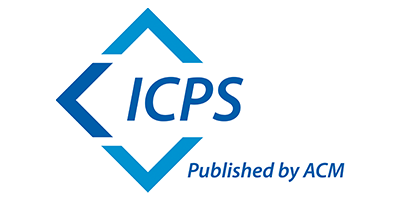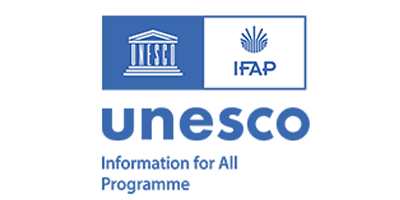All participants at the conference are reminded that ICEGOV is a scientific and academic event, which is bound by the UNU Code of Conduct to Prevent Harassment at UNU Events (available below). Conference participants, peer reviewers and speakers take part in their personal capacity and not as representatives of their governments or employers. As such, no political stances or remarks may be made by the participants or speakers during the conference sessions, including during paper presentations. This includes remarks in favour of or against political parties and stances regarding ongoing military or non-military conflicts. If such a situation occurs, the session chairs or moderators shall interrupt the participant to remind them that such behaviour and remarks will not be tolerated.
This document was prepared by the United Nations University Office of the Rector (Tokyo, Japan). It was last updated in November 2019. A PDF version is available here.
I. Purpose
The United Nations University (UNU) is committed to enabling events at which everyone can participate in an inclusive, respectful and safe environment.
UNU events are guided by the highest ethical and professional standards, and all participants are expected to behave with integrity and respect towards everyone attending or involved with any UNU event.
II. Applicability
The Code of Conduct applies to any UNU event, which shall include meetings, conferences and symposia, assemblies, receptions, scientific and technical events, expert meetings, workshops, exhibits, side events, and any other forum organized, hosted, or sponsored in whole or part by UNU wherever it takes place, and any event or gathering that takes place on UNU premises whether or not UNU is organizing, hosting, or sponsoring.
The Code of Conduct applies to all participants at UNU events, including all persons attending or involved in any capacity.
The Code of Conduct is not legal or prescriptive in nature. It supplements, and does not affect, the application of relevant policies, regulations, rules, and laws, including laws regulating the premises in which the UNU event takes place and any applicable host country agreements.
III. Prohibited Conduct
Harassment is any improper or unwelcome conduct that might reasonably be expected or is reasonably perceived to cause offence or humiliation to another person. Harassment in any form because of gender, gender identity and expression, sexual orientation, physical ability, physical appearance, ethnicity, race, national origin, age, religion, or any other reason is prohibited at UNU events.
Sexual harassment is a specific type of prohibited conduct. Sexual harassment is any unwelcome conduct of a sexual nature that might reasonably be expected or is reasonably perceived to cause offense or humiliation. Sexual harassment may involve any conduct of a verbal, nonverbal, or physical nature, including written and electronic communications, and may occur between persons of the same or different genders.
Examples of sexual harassment include, but are not limited to:
- making derogatory or demeaning comments about someone’s sexual orientation or gender identity;
- name-calling or using slurs with a gender/sexual connotation;
- making unwelcomed sexual comments about appearance, clothing, or body parts;
- repeatedly asking a person for dates or asking for sex;
- unwelcomed touching, including pinching, patting, rubbing, or purposefully brushing up against a person;
- making inappropriate sexual gestures, as well as prolonged, unwelcomed staring;
- sharing unwelcomed offensive anecdotes or jokes;
- sharing or displaying sexually inappropriate images or videos; and
- attempted or actual sexual assault, including rape.
IV. Complaint Process
A participant who feels that they have received or witnessed harassment at a UNU event may report the matter either to the organizer of the UNU event or to the relevant security authority. Such reporting shall have no effect on the applicable rules and procedures that apply to UNU and its personnel. The organizer of the UNU event will be expected to take reasonable, appropriate action in accordance with its applicable policies, regulations, and rules.
If the accused perpetrator is UNU personnel:
- UNU will address the report in accordance with its policies, regulations, and rules, including where applicable the UNU Policy on Prohibited Conduct.
If the accused perpetrator is a UNU student:
- UNU will address the report in accordance with its policies, regulations, and rules, including where applicable the rules governing the student’s postgraduate programme.
If the accused perpetrator is not a UNU student or personnel, examples of appropriate action may include, but are not limited to:
- requesting the accused perpetrator to immediately stop the offending behavior;
- suspending the accused perpetrator’s access to the UNU event, refusing registration at future UNU events, or both; and
- conveying the complaint or a report to an appropriate authority.
The victim of alleged harassment may also seek help from other relevant authorities, such as the police, bearing in mind the applicable legal framework. A participant should never knowingly make a false or misleading claim about prohibited conduct.
V. Prohibition of Retaliation
Threats, intimidation, or any other form of retaliation against a participant who has made a complaint or provided information in support of a complaint are prohibited. UNU or any other entity responsible for a UNU event will take any reasonable appropriate action needed to prevent and respond to retaliation, in accordance with its applicable policy, regulations, and rules.

